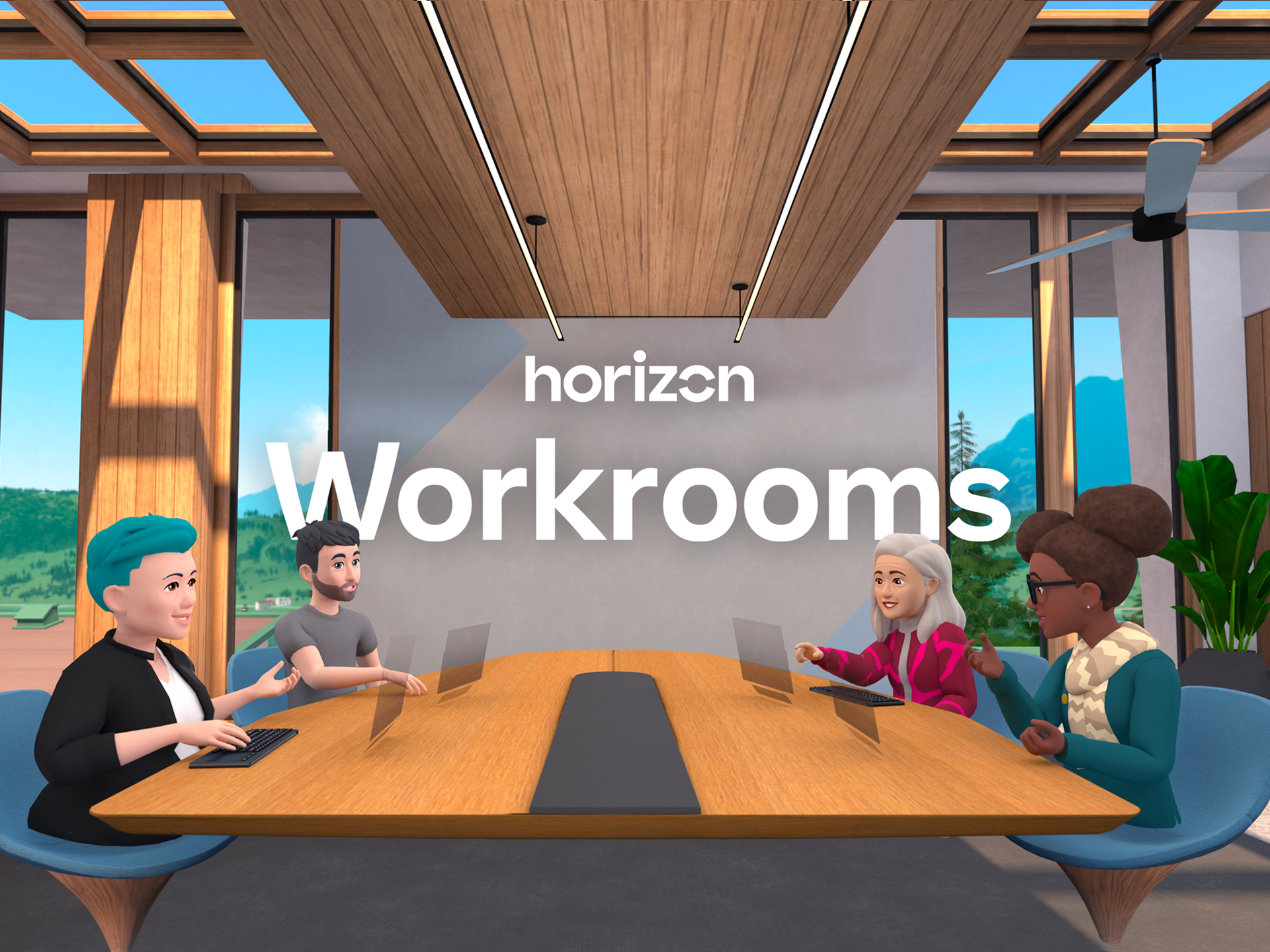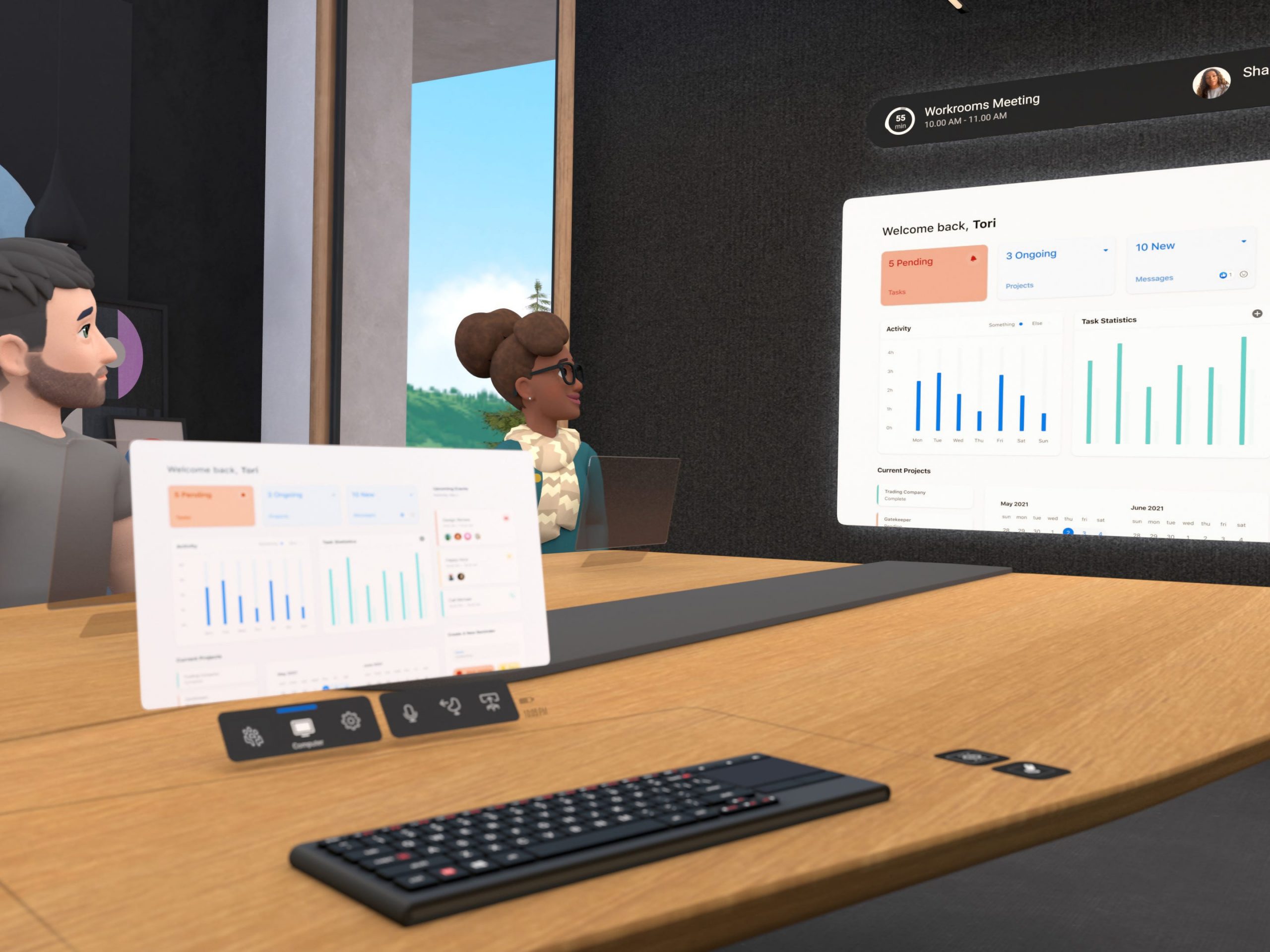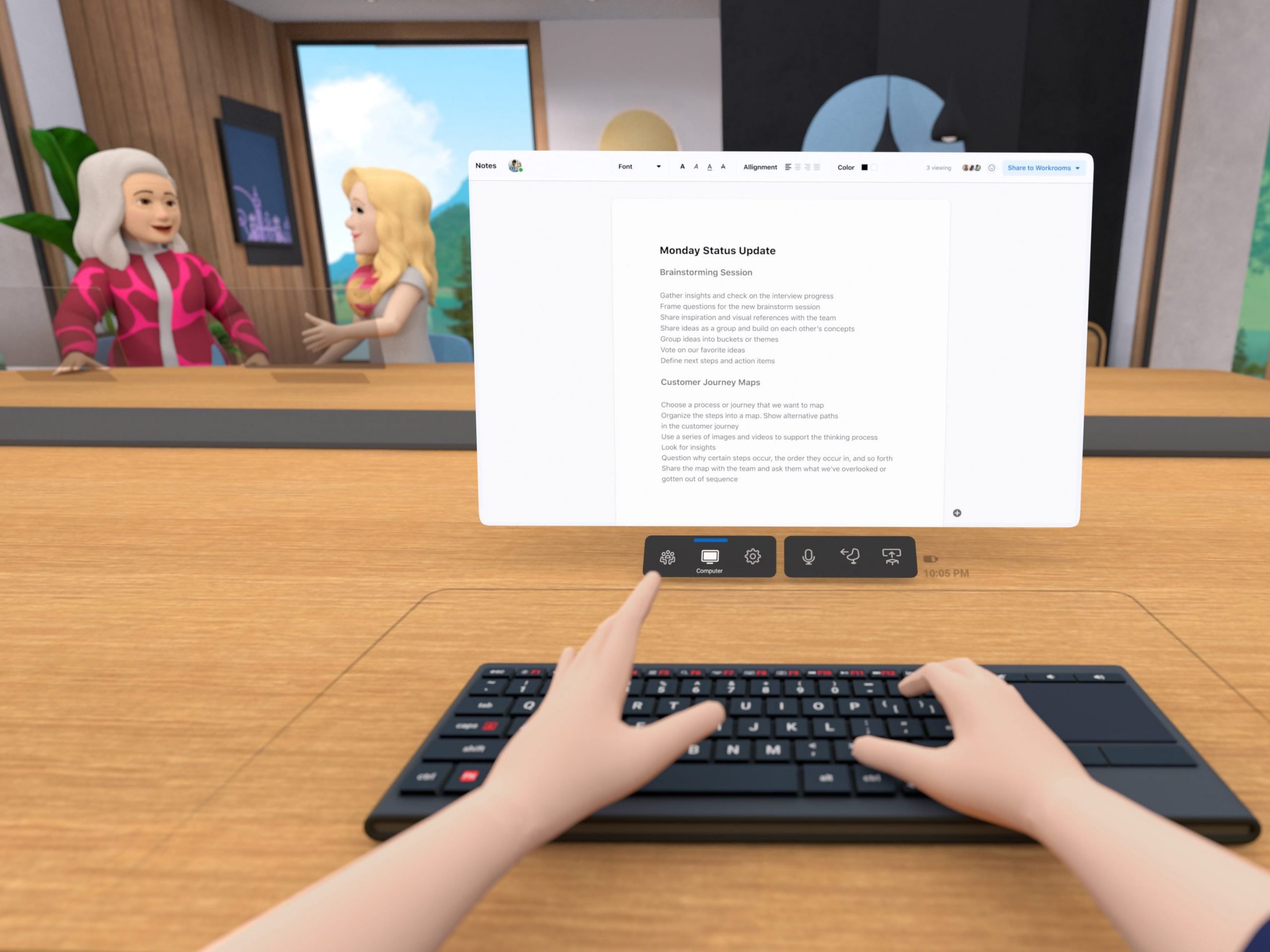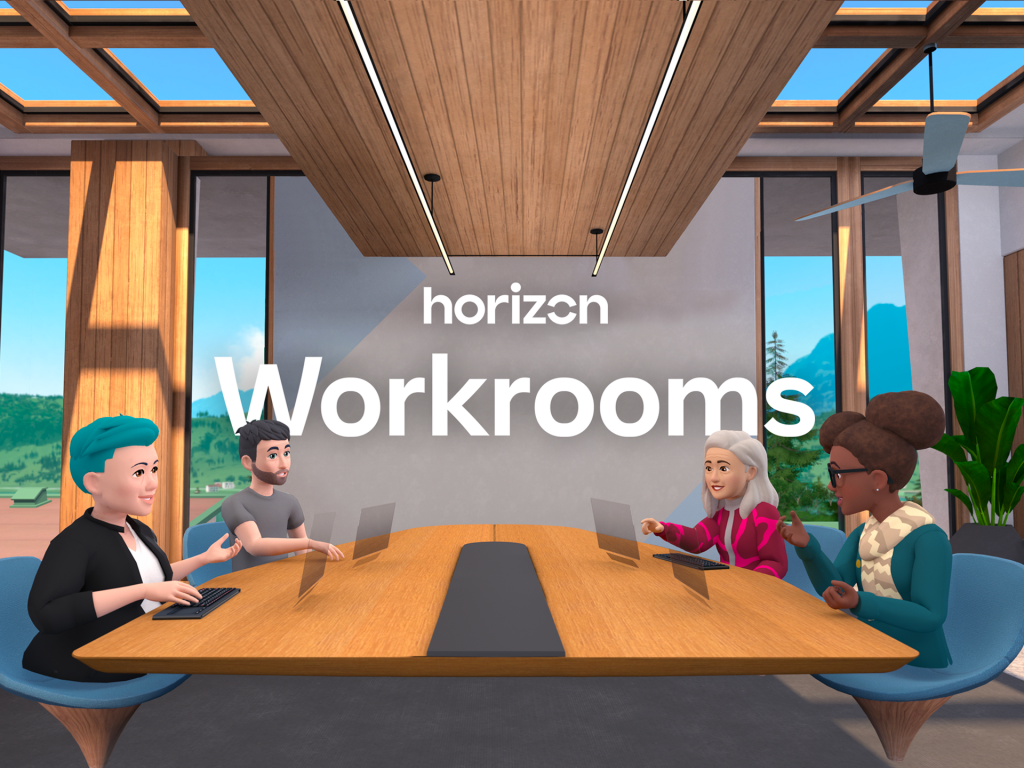
- Facebook launched Horizon Workrooms, a VR workspace for team meetings, on Thursday.
- Mark Zuckerberg said he sees Facebook's future in the virtual reality "metaverse."
- But Facebook has tried – and failed – to create workspace products in the past.
- See more stories on Insider's business page.
Mark Zuckerberg wants us all to work in virtual reality.
Zuckerberg announced the launch of Horizon Workrooms, a virtual reality workspace that lets employees mimic team meetings and socializing, on CBS Morning News on Thursday.
Using the Oculus Quest 2, Facebook's virtual reality headset, users can create avatars that would access their work laptop and interact with colleagues in a virtual "metaverse." The technology also allows for socializing with coworkers, real-world experiences which Facebook said cannot be replicated with current remote work tech.
"Without the right connective tools, remote work still has plenty of challenges," Facebook said in a release. "Working without colleagues around you can feel isolating at times, and brainstorming with other people just doesn't feel the same if you're not in the same room."
Facebook's new tools coincide with a COVID-19 pandemic-era shift in how we work. Employees are pushing for remote work options, and a significant number are willing to quit their jobs if employers can't provide flexible options. And though leisure travel made a comeback this summer as vaccinations picked up, business travel did not.

Facebook has tried - and failed - to create popular work products in the past. Few companies use Facebook at Work, an internal messaging platform, over Slack, Microsoft Teams, and Google Chat, per Mio Industry Trends.
Facebook's push beyond social media also reflects its slowing growth. Though the site has the most total monthly users of all other platforms, Insider Intelligence expects Facebook to experience its slowest year for user growth in 2021.
Earlier this year, Zuckerberg told The Verge's Casey Newton he intends to transform Facebook to a "metaverse company" from the existing social media platform. Last year, the company began inviting some people to use Facebook Horizon, an app that allows users to interact in a virtual reality world.
"I think of the metaverse as the next generation of the internet," Zuckerberg told CBS's Gayle King. "So you can kind of think about it as, instead of being an internet that we look at, right, on our mobile phones or our computer screens, it's an internet that we are a part of, or that we can be inside of."
Read more: The 4 most important areas Salesforce is focused on as it competes with and fends off Microsoft
Facebook isn't the only company trying to stake claim in the metaverse. Roblox, a gaming platform that allows users to build their own metaverse, went public in March with a nearly $44 billion valuation.

But Roblox missed on its most recent earnings after bookings, or the virtual currency users spend on clothes and avatar accessories, showed slower than expected growth.
"All these tools, whether it's video conferencing, or eventually being able to collaborate better in the metaverse, in products like Workrooms, what we built here, I think is all just part of this progression of giving people more freedom to live where they want," Zuckerberg said on CBS.

